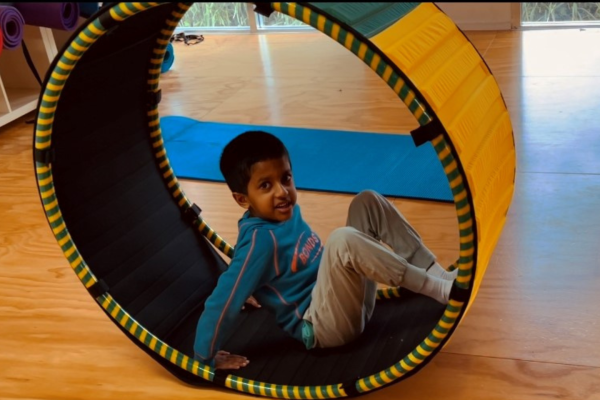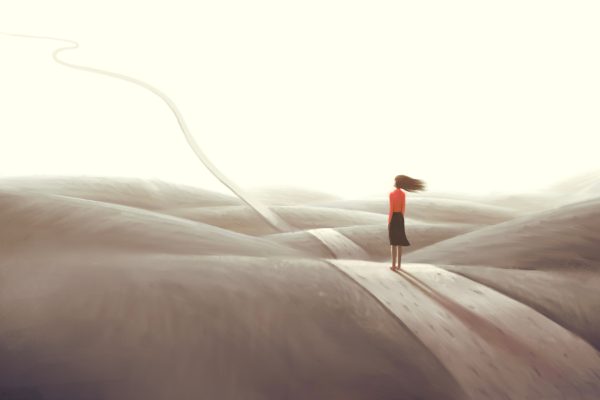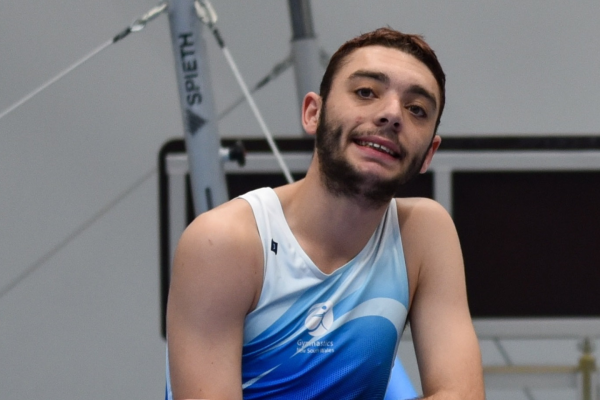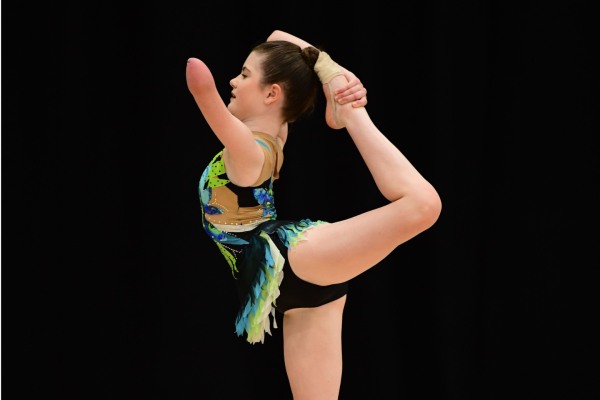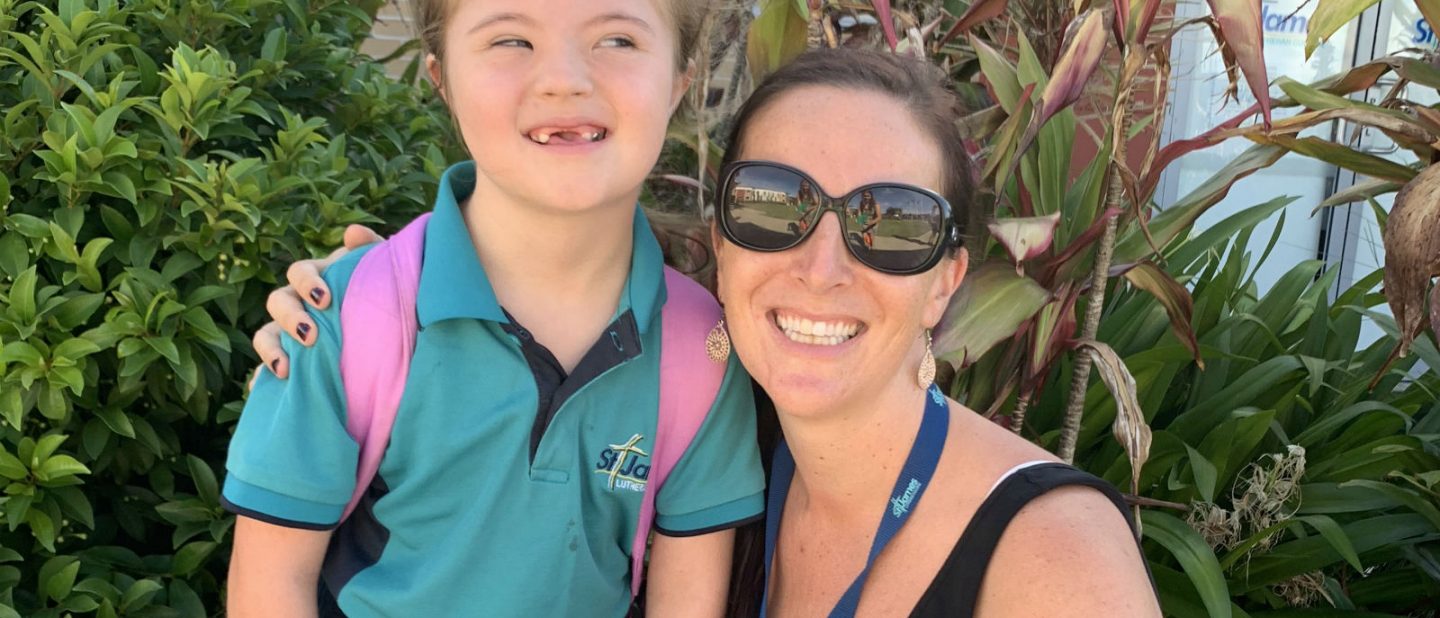
3 parenting journeys of strength, resilience & advocacy
From anger, fear and resentment, to journeys of strength, resilience and advocacy, three parents are inspirational in their endeavours to improve the lives of their children.
Their lives were all changed in varying degrees as a result of disability. Finding positives in at times harrowing moments is testament to their character and resolve. They’re examples of the everyday challenge many people face in the battle to make the world a better place by fighting against injustice and advocating for others.
The lives of Elise Watts and her husband were turned upside down when, while on their honeymoon, they learnt that their baby boy, Bobby, had endured abuse by a family member and would, quite possibly, not survive.
The anger Elise still feels is raw and deep set. But the quest to ensure the spotlight on childhood abuse is magnified and legislation enacted to prevent pain for other families is guiding Elise forward.
Bobby’s story is hard to fathom. To hear Elise detail his transformation from a happy seven-month-old – “the final piece to the family’s puzzle” – to having his life support turned off, is gut wrenching.
Bobby was left with his Aunty and non-biological Uncle while Elise and Baz holidayed after their nuptials.
“The day we left for our honeymoon I was apprehensive about leaving the kids but pushed it to the back of my mind knowing that they would be safe in the care of family who we trusted whole heartedly,” Elise recalls.
“Three days later we received the call that brought our world crashing down around us.”
Bobby had been physically abused and doctors warned he would be in a vegetative state if he survived.
“We were in shock, we were petrified,” she says. “The day the doctors advised us that it would be more humane if Bobby were to pass away was horrific.”
He was christened in ICU and the family said goodbye.
“The machines were turned off and instantly Bobby turned blue,” Elise recounts.
“Then as if someone blew a breath of air into his lungs Bobby miraculously started breathing on his own. I think the doctor was as shocked as we were relieved.”
Bobby was diagnosed with quadriplegic dystonic cerebral palsy, cortical visual impairment and epilepsy.’’
Their lives will never be the same.
“Our days consist of multiple medication and therapies such as physio, speech and vision,” details Elise.
“We try to arm ourselves with the knowledge and strength we need to help Bobby with every aspect of his life, from his physical ability to his cognitive ability and advocacy.
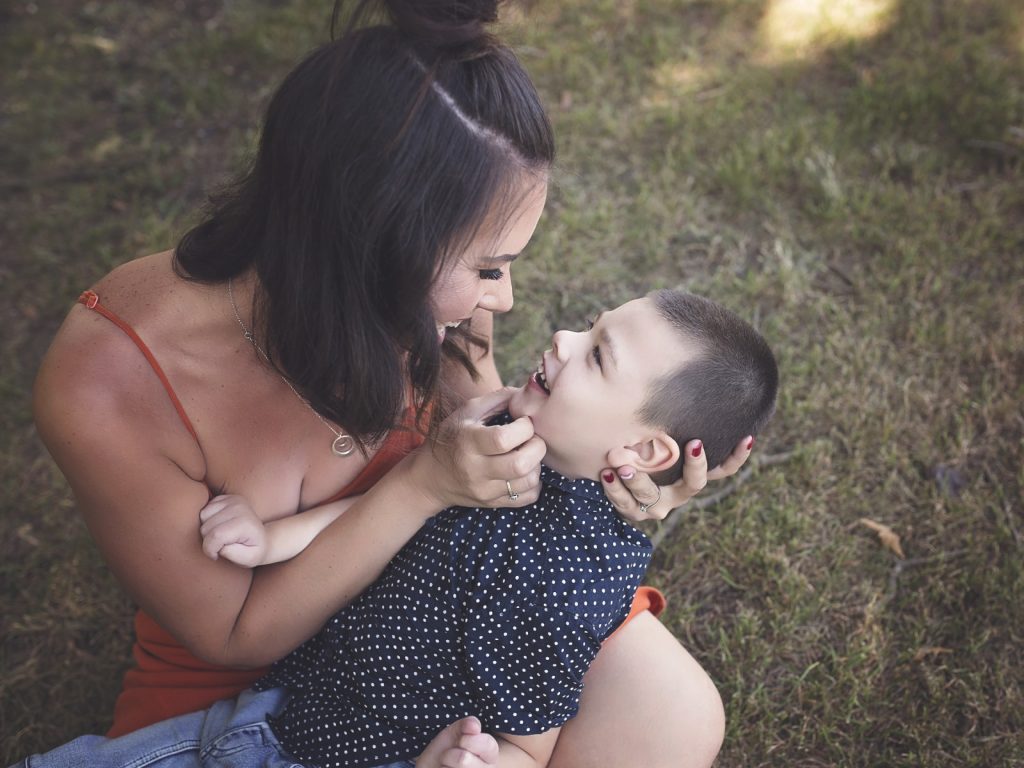
“Bobby has become stable and is exceeding everyone’s expectations – attending mainstream day care.”
Bobby’s attacker, Andrew Nolan, is serving 12.5 years in jail after pleading guilty to Grievous Bodily Harm.
Elise says the family, which also includes step-sister Gabbie and sister Olivia, was forced to find new ways to be happy again after the incident.
“We always say that, with the right support, Bobby can do whatever his heart desires,” she says.
“So far he has surfed, done ‘I-fly’, gone on rides, gone to concerts and met his favourite singers. Bobby has even joined an all-abilities cheer team. There is nothing this kiddo won’t do!”
Elise wants to use their story as a tool to promote improved sentencing laws for child abuse and aims to write a book.She says support services were lacking when they faced their ordeal and she has since established a private Facebook group for parents and carers of abused children.
Among the anger she still feels, Bobby’s amazing strength to survive gives the family hope.
“As a person I have changed a bit. I have learnt to not completely trust everyone and that is including people I have known for a very long time,” she says. “Bobby’s disability has opened my eyes to a world that was unknown to me – I’ve learnt that we should never take things for granted even things such as the ability to move our bodies independently.
“Life is very different now but each day is also a blessing. We find joy in the simplest of moments which so many take for granted.
“We laugh and we love so fiercely and we have learnt that within a blink of an eye everything can change.”
When you are told your baby will be born with Down syndrome and to expect her to die in-utero because of complications, you could be forgiven for falling into a heap.
But Joelle Kelly has turned her initial anger and shame into a support network reaching across the globe.
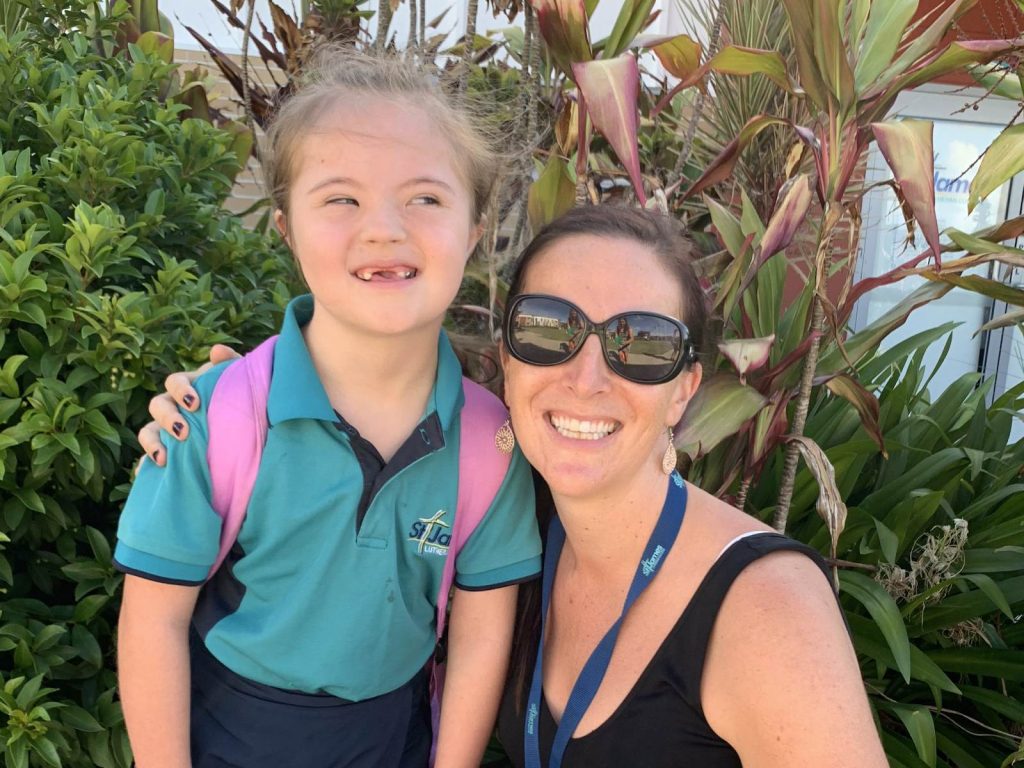
Joelle had two healthy older children, Max, now 15 and Tallara, now 17, but longed for a third baby with husband Lewis to complete their family.
“At the 1:2 chance I was given of having a babywith Down syndrome when I was 12 weeks I was devastated, angry at myself for trying for another baby and had a lot of shame…. coupled with still loving and feeling utter sadness for my baby,” Joelle recalls.
“A week later when we were told she would pass away due to hydrops (fluid accumulation in the body) it put the diagnosis in perspective.”
Since the birth of Josee six years ago, the family has been bold in its ambition to change people’s perspectives about disability.
“Today I am ashamed by how I felt,” admits Joelle.
“I had been influenced by society’s perception of Down syndrome and I didn’t even know! It made and still makes me angry that we are subtly and not so subtly sent negative messages throughout our lives about disability.
“If anything, I have learnt how to be resilient in the face of society’s negativity and outdated attitudes towards disability.”
Joelle says parenting each of her children has changed her in a positive manner.
“Parenting is a beautiful blend of love, pain, hard times, joy, sadness, and so much more. For any child. Each of my children has changed me in different ways.
“For Josee, it’s possibly just been more public with her being well known.”
That public profile has been developed since Joelle started a Facebook page for Josee when she was 6 weeks old to detail her progress.
“It quickly became a way I could reach other mums with a prenatal diagnosis for their unborn baby too,” she says.
“It’s grown to a global following with a reach of well over 200,00 with almost 25k followers.
We don’t post as much up to date information on Josee right now as she’s started school and for her own privacy, but we do keep her ‘fans’ up to date where we can! “
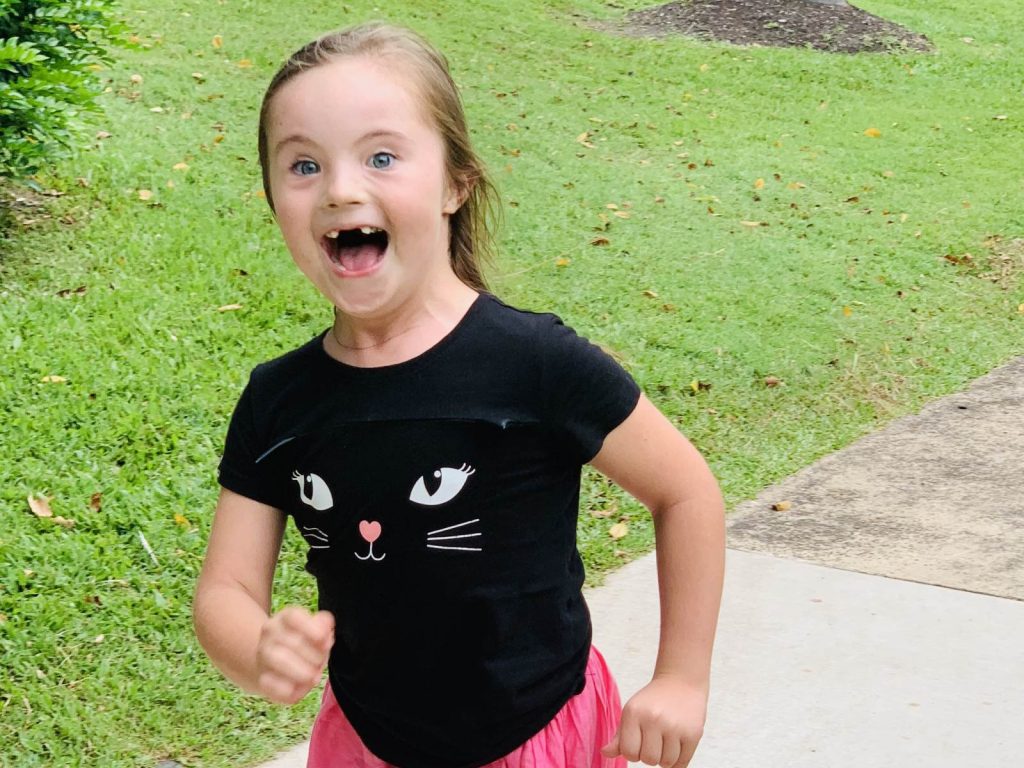

Joelle has also established T21 Mum Australia – connecting 750 mums across Australia who have Down syndrome children.
“It’s been an honour to see the connections that have happened through T21 Mum and I am so proud to have connected mums nationally in ways that haven’t been done before in Australia,” she says.
“Through Josee’s Journey and T21 Mum, I’ve seen other mums and parents rise to advocate and educate in amazing and unique ways. We often joke that we have a ‘T21 Mum Army’ who can back any project a mum is starting or help each other out in times of need.”
Now a board director for Down Syndrome QLD, Joelle is putting her advocacy skills and her experience to good use.
“As I always say, I wouldn’t change Josee for the world but I would change the world for her!”
But it sounds like Josee – who is in grade one at a mainstream school and also enjoys tennis, swimming and music – is doing a pretty good job of that herself.
“Her motto on her page is ‘changing hearts, changing minds, wherever she goes’ and we feel that just by living her ordinary life she positively changes outdated stigma and beliefs.
“She lives life with an enthusiasm most people never attain.”
Stuart Kruger is humbled to be referred to as a disability advocate, a role unwittingly developed out of frustration for the circumstances he found himself and his family in.
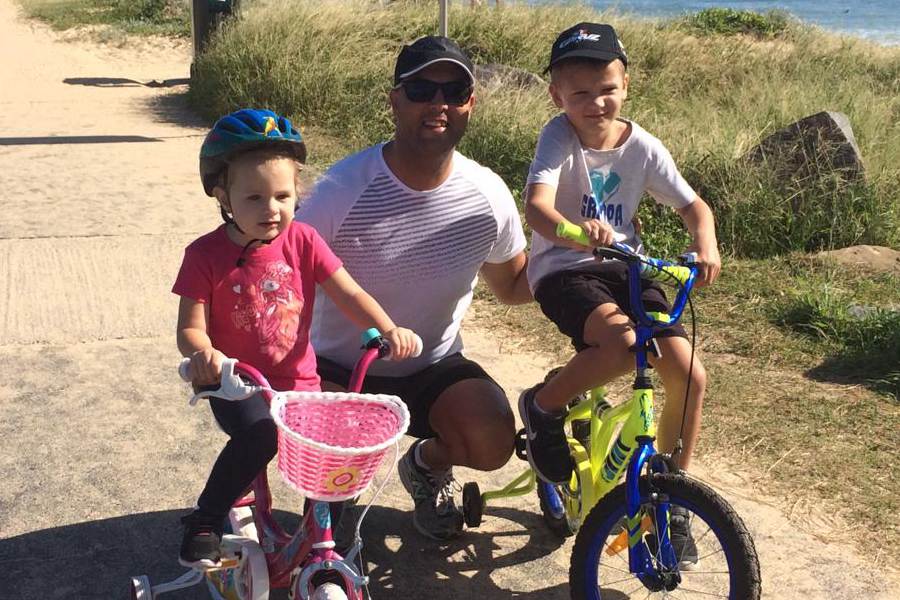

With a passion for helping other families, his gentle guidance and honest advice is helping break down barriers for those within the special needs sphere.
Stuart’s son Tyson, 7, was diagnosed with severe autism when he was nearly 3.
“We realised something wasn’t quite typical when he wouldn’t respond to his name, yet would
run over to listen to a song on TV, or he would constantly flip plastic cups regularly,” recalls Stuart, who also has a neurotypical four-year-old daughter, Indigo.
“We realised his severity aged 4 when we enrolled him in intensive early intervention.
“I personally went into problem solving mode and quickly got frustrated with a very clinical ‘this is what autism is’ view, when what I was hoping to get was ‘this is what it may be like for you, as a family’.
“I got quite angry at times, I felt very lonely at times, and then about 12 months into our journey, I decided that the best thing to do, is step forward – every single time.
“I now see the stressful moment as an ‘event’ – and then make the most positive and productive intervention choice that I know how. If I don’t know how, or it doesn’t work, then I learn the skill that may help next time. It is just an event.”
And, he confirms, it is “ok, to not be ok at times.”
Stuart says he never personalised the situation with a ‘why us’ introspection but did query what could have been for his son without the disorder.
“He is a big kid, from a sporting family and it hurt that he may not ever be able to take up a ball sport and put his big frame to use against the All Blacks,” Stuart muses.
“Our ‘let’s do something bigger than just us’ moment came when we met many families who were seemingly less supported than ours.”
Enter Helpa.App, a digital tool to help support families with special needs children.
“Our goal is to help families and their support providers remain engaged, have a place to store info and moments that matter, and make these interactions available via in-app video chat and messaging,” explains Stuart.
“Fundamentally, we want to help the child, by giving the family access to as much on-demand and relevant support as possible.”
Conversation is a powerful catalyst for change.


Stuart says Tyson has changed him as a person – his new-found selflessness encouraged him to leave the corporate world as a technology executive in healthcare to take on Helpa.App full time.
“I am so much more patient and humble. I feel it is a privilege and duty to make a difference to families going through something similar as it takes enormous courage to get through each day on these journeys.
“I would be truly humbled to be seen as a disability advocate, though I am unsure if that is the case.
“I am, however, unapologetically provocative toward support for the ‘family’.
“There are very few folk who set policy that have walked a day in our shoes. So, my goal, personally, is to get as many families using Helpa. App, take that evidence of what they deal with and the type of supports they require, and get it into policy.”
Helpa.App partners with the Digital Health Cooperative Research Centre – providing an opportunity to have evidence that supports the app’s goal of instigating change.
Stuart says that despite a greater awareness about special needs children in the community, there are still daily battles with ignorance.
“There is more acceptance when realisation occurs, but often, the judgement comes beforehand and this hurts,” he says.
“The NDIS is doing well to improve awareness and supports, and we are pleased that Helpa. App is able to play a role in helping families and support providers.”





